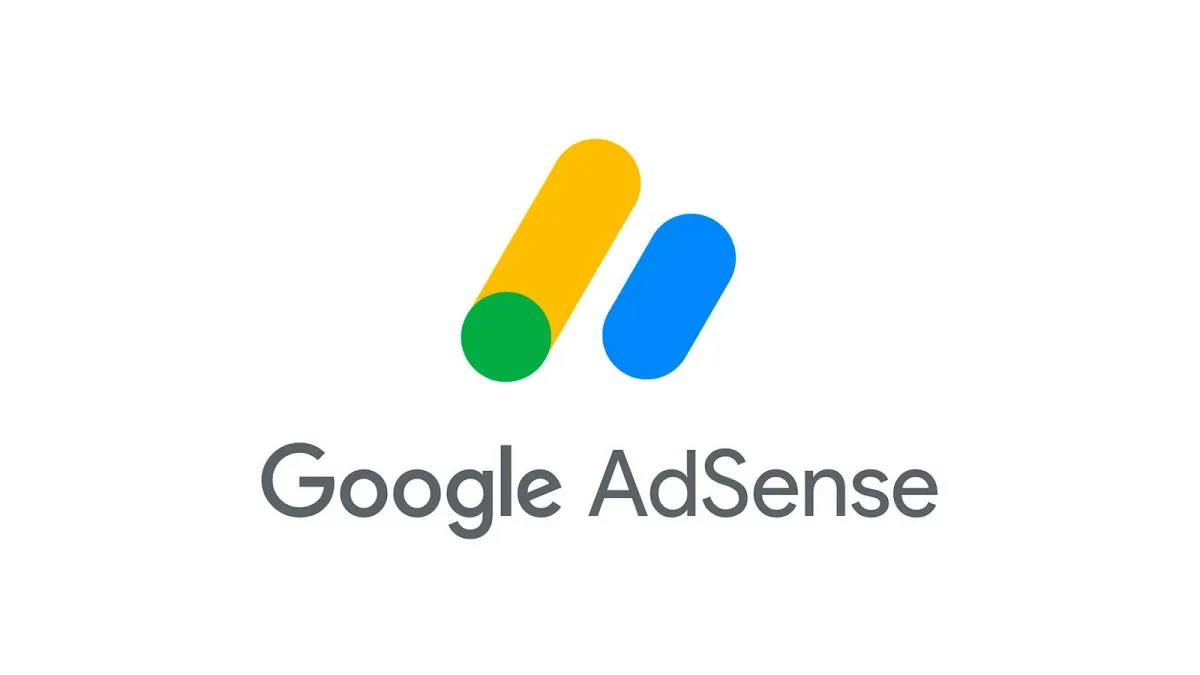
Google this week announced an expansion of its EU User Consent Policy to include users in Switzerland. This policy outlines specific requirements for obtaining user consent regarding data collection and ad personalization.
The new policy starts on July 31, 2024.
The policy applies to websites and apps that use Google products and services, such as AdSense or Google Analytics, and target users in the European Economic Area (EEA), the UK, and now, Switzerland. It outlines the responsibilities of publishers and advertisers regarding user consent for.
- Use of cookies and local storage: Where required by law, user consent must be obtained before placing cookies or using other local storage mechanisms on user devices.
- Data collection and ad personalization: User consent is necessary for collecting, sharing, and using personal data for the purpose of personalizing advertisements.
Responsibilities for publishers and advertisers
According to Google, publishers and advertisers using Google products that incorporate this policy have specific obligations:
- Obtaining Valid User Consent: They must acquire legally valid user consent for the purposes mentioned above.
- Transparency and User Control: Clear instructions on how users can revoke their consent must be provided alongside the request for consent. Additionally, a record of any granted consent must be maintained.
- Identifying Data Sharing Partners: Publishers and advertisers must clearly disclose any third parties that may collect, receive, or utilize user data as a result of their use of Google products. This includes providing users with easily accessible information about how these third-parties utilize the data.
The policy also addresses situations where user data from a third-party property (website or app not controlled by the publisher or advertiser) is shared with Google due to the use of Google products. In such cases, publishers and advertisers are required to make commercially reasonable efforts to ensure the third-party property operator complies with the user consent obligations outlined in the policy.
Marketing implications
For marketers operating in the EEA, UK, and now Switzerland, understanding and complying with Google's EU User Consent Policy is crucial. Here are some key takeaways:
- Prioritize User Consent: Obtaining valid user consent for data collection and ad personalization should be a central component of your marketing strategy in these regions.
- Transparency is Key: Clearly communicate to users how their data is collected, used, and shared. Provide easily accessible information and options for users to manage their consent preferences.
- Partner Compliance: If you work with third-party platforms that integrate with Google products, ensure they also comply with the user consent requirements.
By adhering to the EU User Consent Policy, marketers can demonstrate respect for user privacy and build trust with audiences in the EEA, UK, and Switzerland. This can ultimately lead to stronger user engagement and more successful marketing campaigns.

